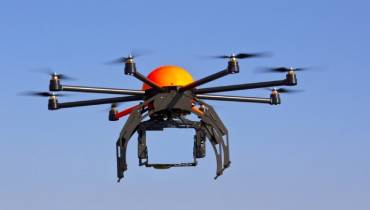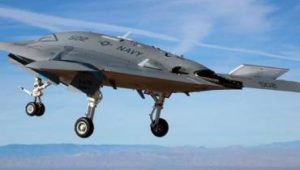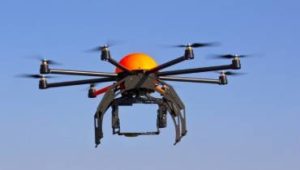There is a great demand for risk assessment tools and techniques that can ensure safe and robust performance of an Unmanned Aircraft System (UAS) equipped with adaptive elements in missions involving multiple phases with uncertain system or operational conditions. A dynamic probabilistic risk assessment scheme involving multiple phase-specific implementations of a Backtracking Process Algorithm (BPA) based on a Markov Cell-to-Cell Mapping Technique is proposed for risk-informed identification of scenarios involving UAS control systems with adaptive control elements operating in the National Airspace. A UAS adaptive flight control system with the capability of handling variations in the flight dynamics and flight systems domain is used as a case study. Aircraft icing is taken as a varying component in the flight dynamics domain, while the engine state is taken as a varying component in the flight systems domain. The consequence of interest in the case study is taken to be a UAS failing to complete flare during landing. Multiple BPA instances are defined and implemented for cruise, initial descent, final descent, and flare phases in the proposed case study. The results of the implementations are integrated together to allow for efficient tracing of fault propagation throughout the system, and quantification of probabilistic system evolution in time.
–
S. Guarro, M. Yau, et al, “Dynamic Probabilistic Risk Assessment of Unmanned Aircraft Adaptive Flight Control Systems,” Proceedings of the 2018 AIAA SciTech Forum, Kissimmee, Florida, January 8-12, 2018





